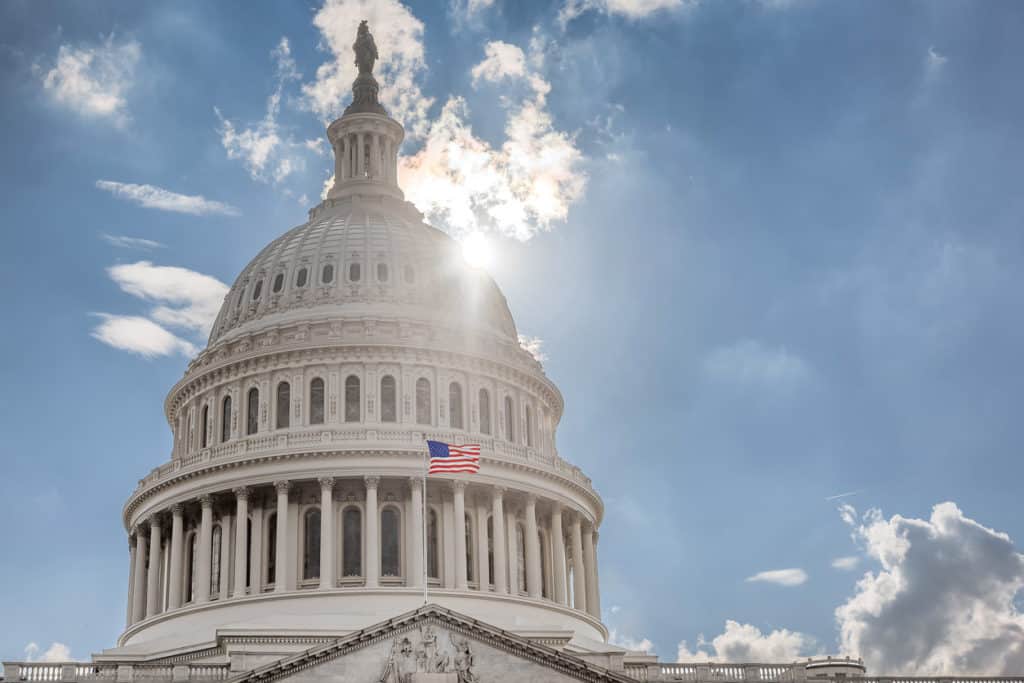On September 15, the U.S. House of Representatives voted 221-203 to pass the Whistleblower Protection Improvement Act (WPIA). The bill expands whistleblower protections for federal employees, including granting federal employee whistleblowers access to federal court trials.
The WPIA was reintroduced by a bipartisan group of representatives on May 4, 2021. The bill aims to address a number of shortcomings with the Whistleblower Protection Act (WPA), the main law offering whistleblower protections to federal employees. The bill is widely supported by whistleblower advocates, who have pushed for some of the reforms for decades.
According to leading whistleblower attorney Stephen M. Kohn of Kohn, Kohn & Colapinto, “the most important part of the bill targets the failure of Congress to permit federal employees to have their day in court. The bill would permit most federal employees to remove their cases to federal district court for a real trial, if the Merit Systems Protection Board (MSPB) does not issue a ruling on their whistleblower retaliation claims within 180 days.”
“Whistleblowers are the first line of defense to hold those in power accountable. Congress relies on whistleblowers to exercise our constitutional oversight responsibilities, safeguard taxpayer dollars, improve federal programs, and even save lives,” said Representative Carolyn Maloney (D-NY), Chairwoman of the Committee on Oversight and Reform. “Today’s bipartisan passage of the Whistleblower Protection Improvement Act brings us one step closer to ensuring that any federal employee who steps forward to report wrongdoing is protected from retaliation. I hope the Senate will quickly take up this commonsense bill.”
“When Americans alert the nation to waste, fraud, and abuse by the federal government, they take immense personal, professional, and emotional risks,” added Representative Nancy Mace (R-SC). “The passage of the bipartisan Whistleblower Protection Improvement Act will help ensure these brave citizens who help root out corruption are protected from possible intimidation and retaliation.”
The WPIA contains a number of other reforms to the WPA. It prohibits federal agencies from launching retaliatory investigations against whistleblowers, clarifies that no federal employee (including the President) may interfere with a whistleblower who provides information to Congress, and provides federal whistleblowers the timely opportunity to obtain temporary relief. The bill also expands the WPA to cover non-career Senior Executive Service and Public Health Service employees.
Read:
The Whistleblower Protection Improvement Act
The Decades-Long Fight for Court Access for Federal Employee Whistleblowers
